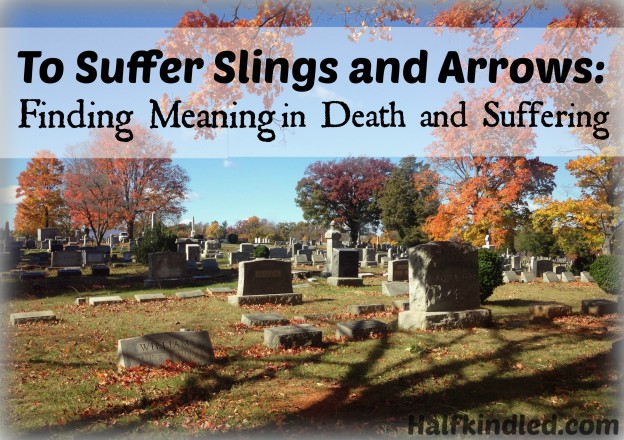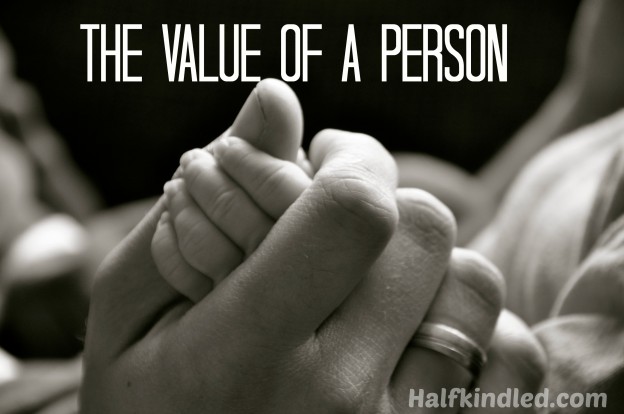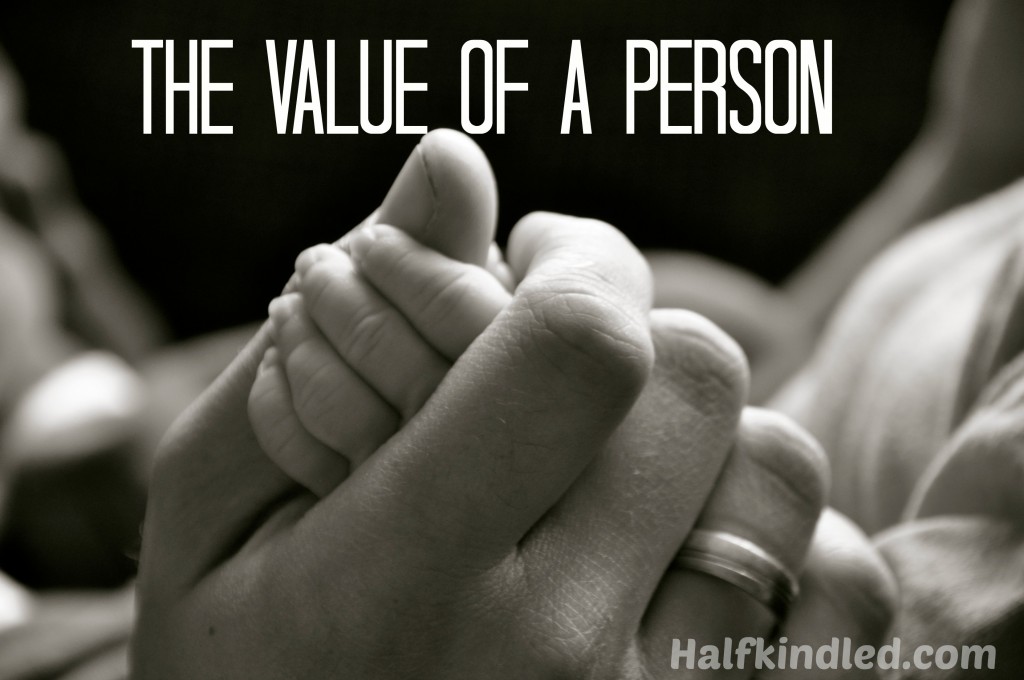For those of you who are experiencing snow this week, you have my deepest sympathies. Should you actually be enjoying the snow, let me know and I will make a point of sending mine to you when it comes.
This time of year can be especially difficult for those with Seasonal Affective Disorder (SAD), which is a form of winter depression brought on by the decrease in sunlight due to the shorter winter days. Even for those who are just suffering from winter doldrums or cabin fever, this time of year presents its share of challenges.
I have been managing my SAD for the past decade and have picked up a few tips for coping and even thriving in winter that I would love to share with you:
1. Maximize sun exposure and daylight hours. Rise earlier to enjoy as many hours of sunlight as possible. I know this one is easier said than done since SAD leaves you completely exhausted, but every hour of sunlight helps. Make sure to get outside for a while everyday even in the cold to derive greater benefit from those glorious rays.
2. Use a SAD light. Even maximizing natural daylight, often isn’t enough. Using a SAD light such as this one (I don’t own this type, but it is similar to mine) can help to synchronize your body clock and help with energy levels.
3. Break a sweat. Exercise can help with energy levels and flushing toxins from your body. Also the post work out “high” can temporarily help elevate mood.
4. Maximize nutrition. In the winter more than any other time of year, I hear the siren call of carbs and sugary foods. They tell me, “Oh you’re tired? Eat me, I will give you the energy you so desperately crave. ” They lie. Invariably I always feel worse when I dramatically increase my carb and/or sugar intake.
In addition to eating healthful foods, supplements can be very helpful. This year I started using this brand of fermented cod liver oil to help improve my vitamin D levels, and have noticed a marked improvement in mood since incorporating it into my routine. Even if you are maximizing sunlight, it is almost impossible to get enough vitamin D from sun exposure alone in the winter due to overcast skies, and the need to be bundled up. Supplementing can help fill in the gap. My doctor told me that of all the people he has tested for vitamin D deficiency the vast majority were deficient or barely adequate. Bottom line: pretty much everyone can benefit from some Vitamin D supplementation.
5. Engage your mind. Find something to keep your mind occupied: take a class, join a book club, volunteer. The distraction and mental stimulation can help, as wells as having something enjoyable regularly scheduled to anticipate.
6. Take a winter trip. I know winter is far from an ideal time to travel, but changing things up, even with just a day trip, can help provide a much needed change of pace and something to look forward to. Resist the temptation to hibernate like a bear.
If possible, you could even take a trip somewhere warm and sunny. Who says vacations are only for the summer months? Taking one in the winter can help to break up the season into smaller parts.
7. Form new associations. There was probably a time when you were a small child that winter was a season of wonder and beauty. Pause frequently in the moment when you catch yourself thinking about winter to challenge negative associations and form new more positive ones. Make new more positive memories in which winter isn’t merely accidental, but rather essential to the experience.
How about you, do you enjoy winter? Ever suffer from cabin fever, or SAD? What are some of your coping strategies?
Since there are seven of these tips, I will be linking up with Jen from ConversionDiary.com for 7 Quick Takes. Happy Friday!
Update: This week 7 Quick Takes is actually at thisain’tthelyceum.org. God Bless!
Disclaimer: I am not a doctor, nor am I trying to play one on the internet. If you think you have SAD talk to your doctor about strategies that you should adopt for your unique needs.
If you found this article helpful share it with a friend!






 In January, frustrated with the chaos I was encountering, I decided to seek to thrive in all that I did. I set goals for various aspects of my life: relationships, health, prayer, etc. (I hope to share them with you sometime soon, to help keep me accountable to them.)
In January, frustrated with the chaos I was encountering, I decided to seek to thrive in all that I did. I set goals for various aspects of my life: relationships, health, prayer, etc. (I hope to share them with you sometime soon, to help keep me accountable to them.) 